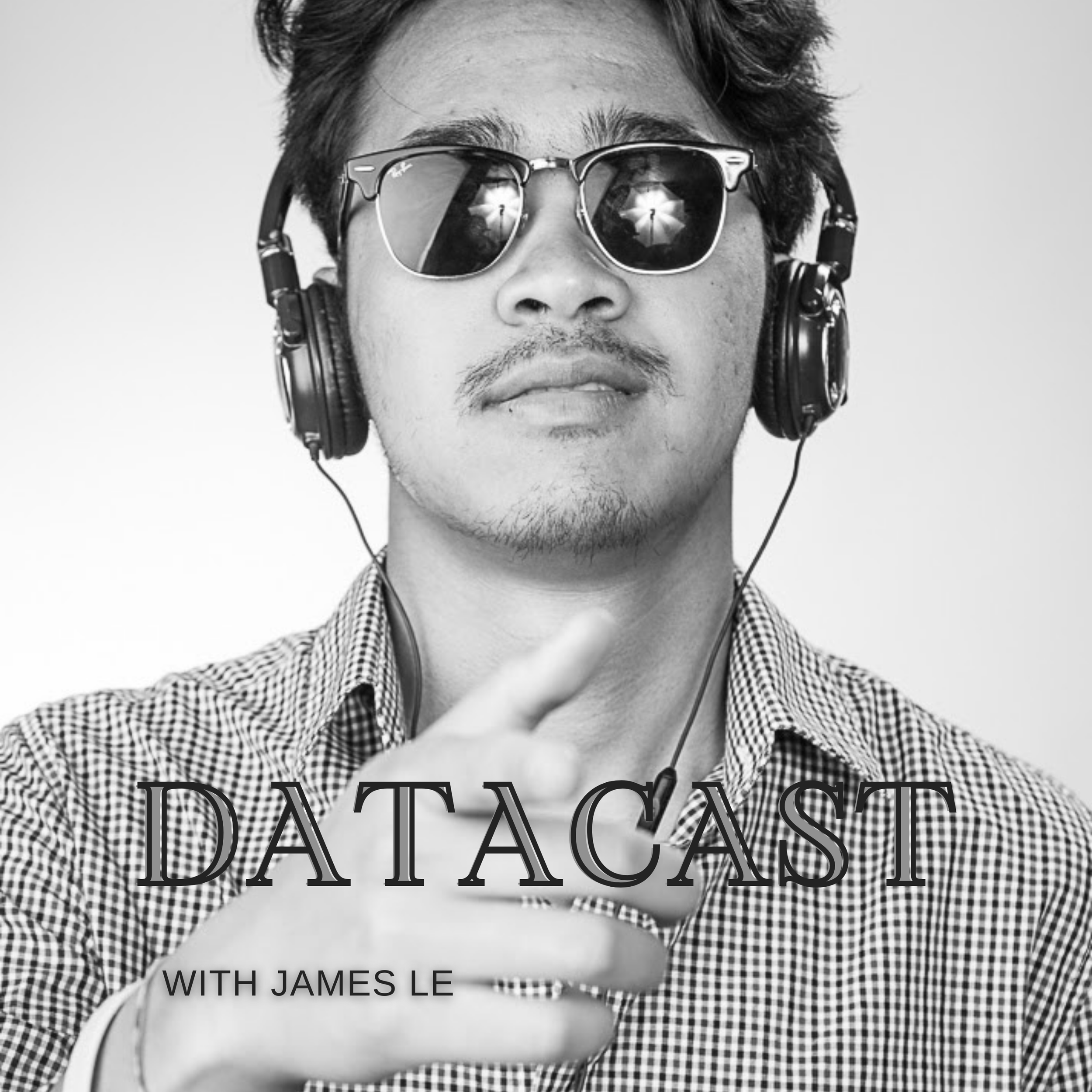Suresh Srinivas was the Chief Architect of Uber’s data platform, responsible for all data initiatives at the company, including the Databook, Data Quality, and Data Lineage initiatives. Suresh was part of the original team that built Hadoop at Yahoo! and co-founded Hortonworks, which developed and supported open-source software to manage big data and associated processing.
He is leading the OpenMetadata Project to build Metadata APIs & specifications and a single place to discover, collaborate, and get your data right.










